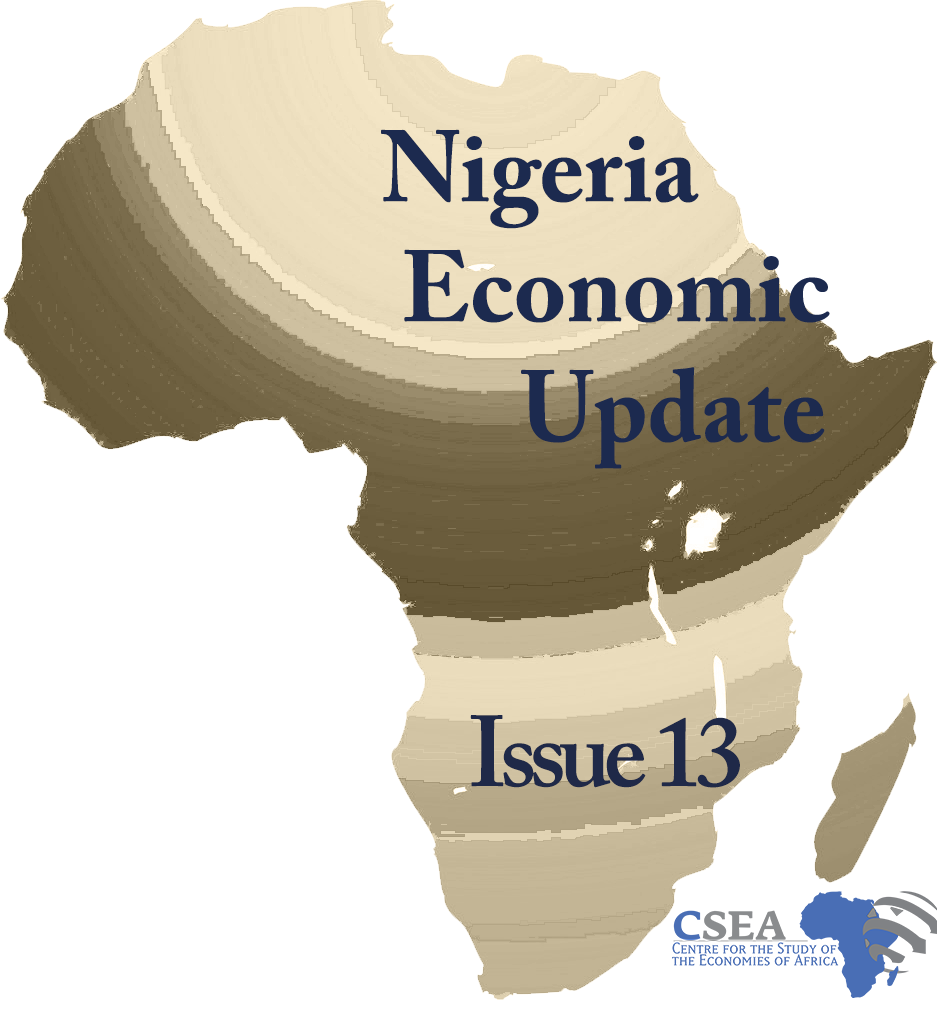The CBN Monetary Policy Committee (MPC) switched its policy stance to ‘easing’ at the last MPC held on March 25-26, 2019. While holding other policy parameters at previous levels, the Monetary Policy Rate (MPR) was cut by 50bps to 13.5%1 following a retaining policy stance of 14% that lasted for more than two years (since July 2016). The justification for the rate cut is linked to the following: the relative moderation in the exchange rate, continued deceleration of inflation rate, and the gradual renaissance of investment flows. Although the economy has welcomed improvements in economic indicators such as the GDP growth rate, the policy decision was primarily anchored on the need to further stimulate the economy. The rate cut could reduce the cost of borrowing while encouraging credit flows to productive sectors of the economy.2 In the coming months, we expect that the 13.5% MPR will be sustained as the transmission lags of the new rate on other economic variables will be expected to fully manifest before further changes are made.
Macroeconomic Report & Economic Updates

April 17, 2019
Nigeria Economic Update (Issue 13)
The CBN Monetary Policy Committee (MPC) switched its policy stance to ‘easing’ at the last MPC held on March 25-26, 2019. While holding other policy parameters at previous levels, the Monetary Policy Rate (MPR) was cut by 50bps to 13.5%1 following a retaining policy stance of 14% that lasted for more than two years (since […]
Read →
Related
Nigeria Economic Update (Issue 4)
Recently released power sector report by the
National Bureau of Statistics records a total average energy generation of 2,548GWH
by 25 power stations, from October 2016 to December 2016. Daily
Energy generation, attained the 2016Q4 highest level of 3,859.6MW in October
2016, and a lowest level of 2522MW in the same month. On the average, current
daily energy generated which is below 3,000MW, prompts system malfunctions.
Thus, the irregular power generation and supply experienced in recent times is
attributable to shortage of gas owing to non-functional major pipelines, in
addition to the inability of GENCOs to make payments for the available gas
supply. Given the recent challenges to power supply, efforts should
be geared towards the diversification of electricity generation. Government
should consider investment in renewable as well as coal energy to complement
gas power supply.
Fuel Subsidy Reform, Social Safety Nets (SSNs) And Pro-poor Growth
The
paper examines the importance of fuel subsidy reforms and how the Nigerian
government can achieve a successful reform. It also examines the link between
safety nets and growth to help facilitate reform and inclusive growth.
Multidimensional Impact Evaluation:
Ending (extreme) poverty in all of its forms everywhere around the world continues to dominate the International Development Agenda (UN 2015).
However, while poverty is declining in much of the developing world, data from the World Development Report (WDR) Conflict, Security, and Development reveal that fragile and conflict-affected states are lagging behind. The report points out that 'Poverty rates are 20 percentage points higher in countries affected by repeated cycles of violence over the last three decades. Indeed, with the worlds extreme poor over represented in fragile and conflict-affected ,some authors argue that violent conflict is development in reverse
